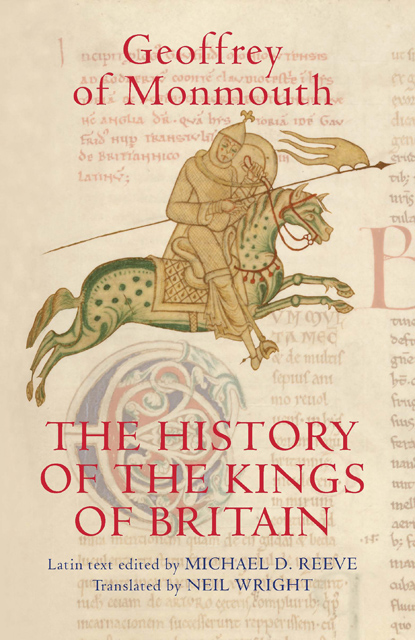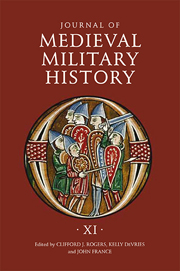in memory of Eric Handley
Dicaeopolis brushes the informer aside and closes his deal with the starving Megarian:
ΔΙ. … λαβὲ ταυτὶ τὰ σκόροδα καὶ τοὺς ἅλας
καὶ χαῖρε πόλλ’. ΜΕ. ἀλλ’ ἁμὶν οὐκ ἐπιχώριον.
ΔΙ. πολυπραγμοσύνη νῦν ἐς κεϕαλὴν τράποιτ’ ἐμοί. 833
Even before Douglas Olson's thorough study of the tradition in his commentary on
Acharnians (Oxford, 2002) it was clear that the oldest manuscript, R, has as much weight as the agreement of the others that editors report. In 833 it reads πολυπραγμοσύνη, the others –σύνης. A scholion runs λείπει (δὲ) τὸ ἕνεκα, (ἵνα ᾖ) ἕνεκα τῆς πολυπραγμοσύνης (‘
because of is not expressed, [to make it]
because of the meddling’), plainly written for a text that had –σύνης, which is also the lemma in one manuscript; the lemma in the other that has one is –σύνῃσιν. It has not been shown, however, either that this scholion is ancient or that its agreement with all the manuscripts but R overrides the testimony of R. As regards attestation, therefore, the tradition offers two readings of equal weight, or three if –σύνῃσιν is taken to be a relic of a text different from the one that prompted the scholion.

